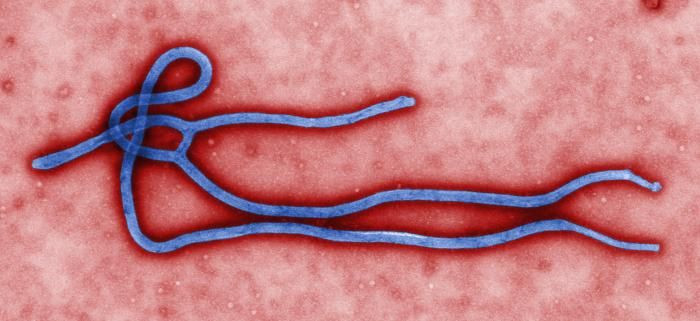GSK, U.S. Government Experimental Ebola Vaccine Shown To Be Safe In Human Trials: NIH

An experimental Ebola vaccine developed by GlaxoSmithKline and the U.S. government was found to be safe for use in human trials, the National Institutes of Health announced Wednesday.
“Based on these positive results from the first human trial of this candidate vaccine, we are continuing our accelerated plan for larger trials to determine if the vaccine is efficacious in preventing Ebola infection,” Anthony S. Fauci, M.D., director of the National Institute of Allergy and Infectious Diseases (NIAID), an agency of the NIH, said in a statement.
This is good news for health workers fighting the virus in West Africa, where it has killed more than 5,400 people in Liberia, Sierra Leone, Guinea and recent cases in Mali.
“The unprecedented scale of the current Ebola outbreak in West Africa has intensified efforts to develop safe and effective vaccines, which may play a role in bringing this epidemic to an end and undoubtedly will be critically important in preventing future large outbreaks,” Fauci said.
The vaccine candidate was developed by Okairos, a biotechnology company acquired by GlaxoSmithKline, and the NIH. It was tested on 20 healthy volunteers between the ages of 18 and 50 at the NIH clinical center in Bethesda, Maryland.
Four weeks after the volunteers received the experimental drug, researchers tested their blood and found that they had produced anti-Ebola antibodies, a sign that the vaccine had worked. They also found that the drug caused volunteers to produce a T cell response, which also helps to fight off Ebola.
While two study participants did report a fever after they were vaccinated, this only lasted for a day; no other volunteers saw adverse effects.
Besides GSK, other biopharmaceutical companies such as Tekmira, NewLink Genetics and BioCryst Pharmaceuticals are conducting Ebola research and have seen their stocks boosted as the outbreak continued.
© Copyright IBTimes 2024. All rights reserved.






















